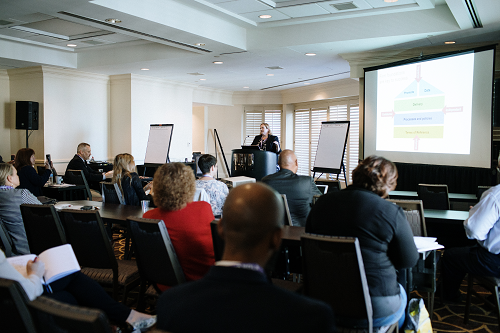The IOA is teaming up with the ABA Section of Dispute Resolution to produce two applied learning tracks that will take place on Wednesday, 15 April 2026, from 1:00 to 4:00 PM ET. These sessions will close out IOA’s Annual Conference and launch the ABA Section of Dispute Resolution’s Spring Conference.
Led by IOA President Jenn Mahony and ABA Section of Dispute Resolution Chair Liz Hill, this virtual event brings together experienced professionals from across the dispute resolution landscape.
IOA is looking for members who have specific skills in the following areas to co-facilitate these sessions. We will select two facilitators/instructors - one for each track to work with the facilitator/instructor selected by the ABA Section of Dispute Resolution. For those interested, please email [email protected] by Wednesday, 12 November. Please attach your CV/resume and detail your experience training in either area. Details about these sessions are below.

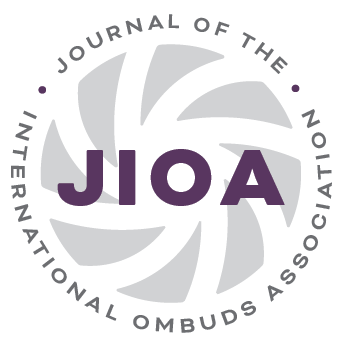 The Journal of the International Ombuds Association (JIOA) is seeking a Student Editor to join its Editorial Board. This is an excellent opportunity for a graduate student interested in ombuds practice, conflict resolution, and academic publishing to engage with emerging scholarship and support the journal’s mission.
The Journal of the International Ombuds Association (JIOA) is seeking a Student Editor to join its Editorial Board. This is an excellent opportunity for a graduate student interested in ombuds practice, conflict resolution, and academic publishing to engage with emerging scholarship and support the journal’s mission.

 The Structured Reflective Instrument
The Structured Reflective Instrument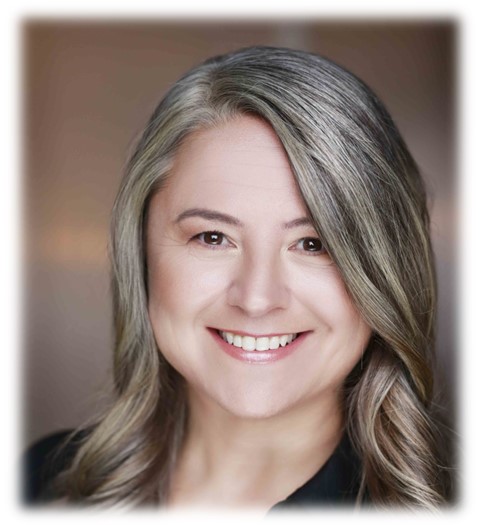 By Martina Peskoller-Fuchs
By Martina Peskoller-Fuchs
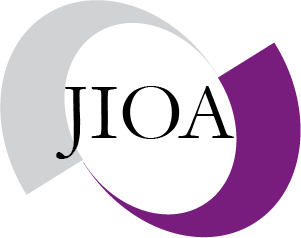
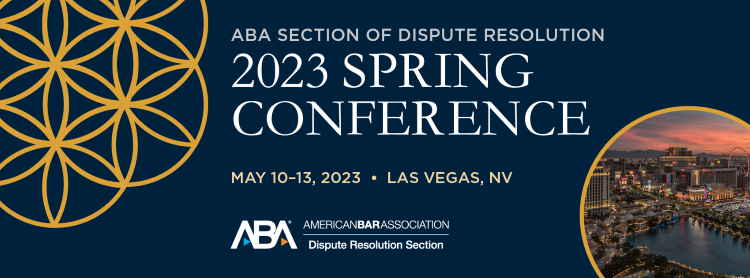
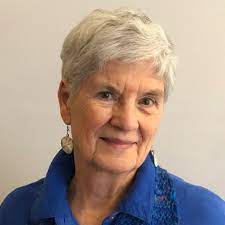 By Mary Rowe,
By Mary Rowe,